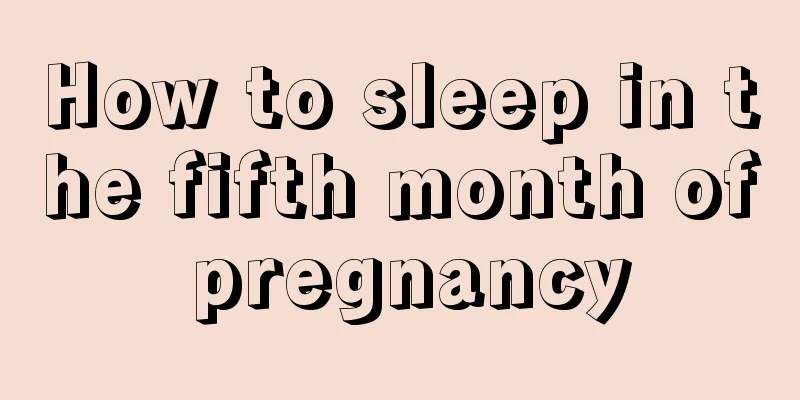Why does a pregnant woman feel a stinging pain in her breasts?

|
The various hormone levels in pregnant women's bodies are changing during pregnancy, and these changes in hormone levels can cause some physical discomfort in pregnant women, such as the most common reactions such as vomiting. At this time, pregnant women do not need to be nervous about these symptoms. Most of them are normal physiological reactions. At this moment, pregnant women need to maintain a happy and relaxed mood. These physiological symptoms will gradually ease and disappear. During pregnancy, symptoms such as itchy, tingling, and distended pain in the nipples vary from individual to individual. The breast is a relatively sensitive organ, and the only organ that obtains breast milk after the baby is born. After being affected by hormones, the breast will first show a series of discomforts. At first it is itchy, and then it will show distended pain and tingling. These reactions are normal and there is no need to worry. The breast is a target organ for many endocrine glands and is affected by hormones from the anterior pituitary gland, ovaries, and adrenal cortex. In early pregnancy, due to the increase of estrogen and progesterone, the mammary ducts proliferate significantly, the epithelial cells hypertrophy, and the matrix around the mammary ducts edema, which causes compression symptoms and thus pain. At the same time, the immature fibers of the mammary gland increase, lymphocytes infiltrate, and the breasts enlarge, preparing for subsequent breastfeeding. All pregnant women experience breast pain, breast sensitivity, and swelling. Under the action of hormones, the breasts of pregnant women proliferate and develop, and the connective tissue around the breasts also proliferates, accompanied by an increase in fat deposits. This distending pain is very similar to what women feel before their period, but it is more intense. Breast pain will improve significantly after 3 months of pregnancy. The second is that the breasts become bigger. Under the action of progesterone, the breasts of pregnant women will gradually swell in order to ensure sufficient milk in the future. During the 3rd to 4th month of pregnancy, the breasts grow faster, then slower in the second trimester. In the third trimester, the breasts continue to grow, but at a slower rate. This is why some women have larger breasts after pregnancy than before. |
<<: What is the critical risk of early Down syndrome screening?
>>: What should I do if the risk is high during early Down syndrome screening?
Recommend
Blood streaks in the epiglottis
In traditional Chinese medicine, there are differ...
How many days after pregnancy can it be detected
It is possible to detect when a woman just gets p...
The difference between pregnancy menstruation and menstruation
There is actually a difference between pregnancy ...
What are the benefits of having a double uterus?
I believe that in daily life many female friends ...
Postpartum rheumatic symptoms
Postpartum rheumatism is a relatively common dise...
How to distinguish ectopic pregnancy from menstruation
Because both ectopic pregnancy and menstruation a...
How to check for hardness in the middle of the breast
There are many common breast diseases in women. W...
Does the coniferous sunflower need to be topped when cutting? What's the matter with the coniferous sunflower wilting?
Sunflowers are named because they bloom in the su...
Why do I have lower abdominal pain after sex?
Some people will experience different kinds of ab...
Can I get a tattoo while I'm having my period?
Human skin is divided into the superficial epider...
What are the itchy bumps at the vaginal opening?
The female vulva is a very private area, and most...
Struggling! After dating for a year and a half, I found out that my boyfriend has a family history of cancer. Is it hereditary? Should I break up?
Some time ago, I was bored and browsing posts in ...
What happens if there is yellowish-brown mucus down there during pregnancy?
Women face greater physical challenges during pre...
Female genital wet early granulation picture
Photos of the early symptoms of genital warts. In...
What is the cause of excessive vaginal water?
The temperature is relatively hot, and everyone f...









